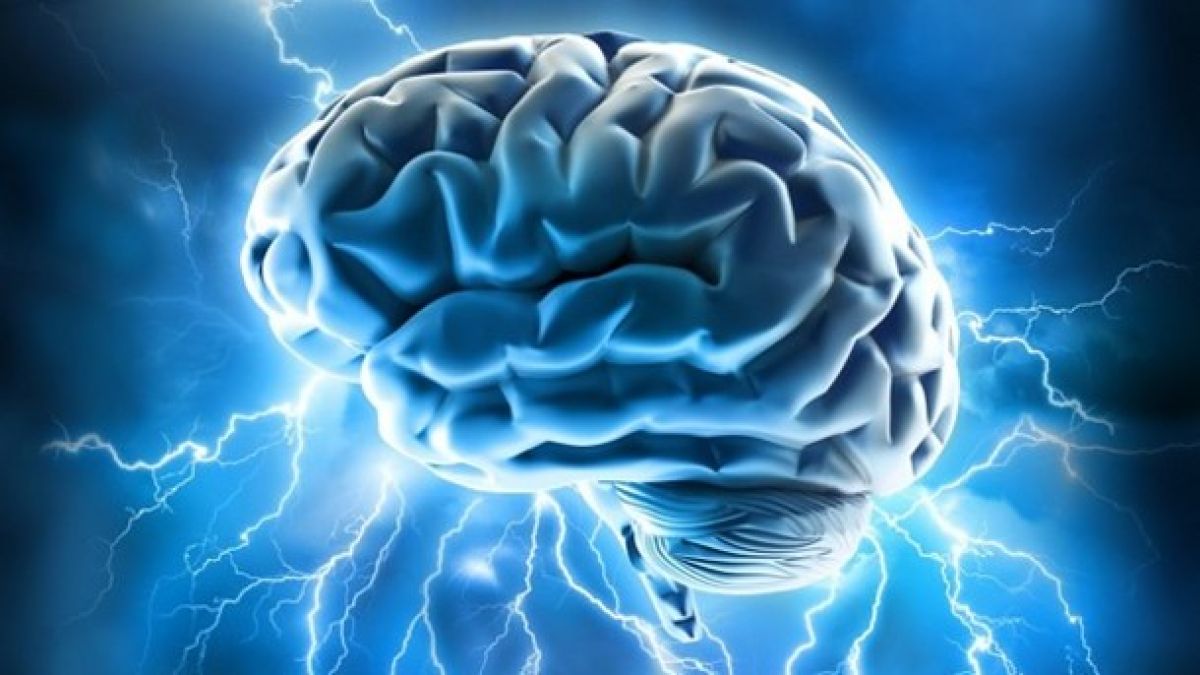Cause of rare genetic brain disease discovered by UoM

Researchers at the University of Manchester have helped identify the cause of a rare genetic brain disorder which can cause difficulty in walking, and epilepsy.
An international collaboration included researchers from the University of Manchester, the Manchester University Hospital Foundation Trust (MFT) and the University of Amsterdam. They worked together to identify a new cause of Hereditary Spastic Paraplegias (HSP).
HSP is a group of rare inherited disorders that can cause weakness and stiffness in the leg muscles. Nerves in the spine, which normally control muscle tone and movement in the lower body, deteriorate over time. More complicated forms of the disease include symptoms such as paraplegia, epilepsy, hearing loss and dementia.
Using zebrafish models and cell samples from five patients with the disease, the researchers studied the effects of HSP and the underlying genetic cause of the condition.
Published in Brain, the researchers discovered that a gene called PCYT2 played an important role in HSP. PCYT2 encodes an enzyme, which creates a lipid, which is used to build cell membranes throughout the body, and is particularly abundant in the brain. Researchers also found that the lipid is important for the development and function of the brain.
They found that zebrafish who had no PCYT2 activity had significantly worse survival rates than zebrafish with normal or reduced PCYT2 activity. It was also discovered that HSP is caused by mutations in the PCYT2 gene, which results in reduced activity.
Researchers in Amsterdam also used the samples of the patients to identify abnormal biochemical signatures in their cells and blood. These signatures could potentially be used as markers to help diagnose patients with HSP.
Dr Banka, a researcher on the study who works at Saint Mary’s Hospital, part of MFT, said, “This link between academia and the NHS means we can translate research from the bench to the bedside, for the benefit of our patients. The identification of more patients in future will help in better understanding of the effects of HSP”.
There is no known cure for HSP, but the knowledge of this study, alongside further research into the PCYT2 gene, will help contribute towards the development of treatments for patients with HSP and other related conditions.







